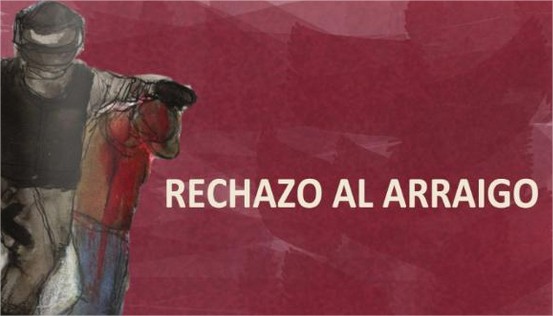






CEJIL finds the decision made by Mexico’s Supreme Court on April 14th of declaring constitutional the use of pre-charge detention (arraigo) unacceptable.
Pre-charge detention permits law enforcement to preventatively detain a suspect while agents gather sufficient evidence to bring formal charges. However, this policy contradicts several guarantees stipulated by the American Convention on Human Rights, including the presumption of innocence, due process and protection of freedom and personal safety. The Inter-American Court of Human Rights (IACHR) has stated that the protection of freedom seeks to «protect both the physical liberty of the individual and their personal safety, [since] the absence of these guarantees may result in the subversion of the rule of law and deprive those arrested of minimum legal protections.»
The policy places detained individuals at risk of experiencing torture and other cruel treatments during the course of their imprisonment. Furthermore, a 2009 report issued by the UN Subcommittee on the Prevention of Torture analyzed over 70 cases of people detained prior to being formally charged. Of these cases, 49% had experienced some sort of injury during their imprisonment. Nevertheless, according to the Mexican Constitution, these detentions can be extended for a minimum of 40 days and a maximum of 80.
Many international human rights mechanisms have urged Mexico to end the policy of arraigo, including the Inter-American Commission on Human Rights in 2011, the UN Group on Arbitrary Detentions in 2002, the Committee Against Torture in 2007, the universal periodic review mechanism of the Human Rights Council in 2009 and 2014. More recently, the UN Special Rapporteur on Torture and the Committee on Enforced Disappearances both recommended in March of 2015 that this policy disappear from the Mexican criminal justice system.
«The Supreme Court’s position is of particular concern because it validates a policy that openly violates human rights and compromises Mexico’s adherence to its international responsibilities,» stated Marcia Aguiluz, Program Director for Central America and Mexico.
CEJIL urges Mexican authorities to end its policy of arraigo or pre-charge detentions through a process of constitutional and legislative reforms. CEJIL also calls on the State to comply with its international obligations and comply with the recommendations issued by various institutions that work for the protection of human rights.
¡Ayúdanos a continuar este trabajo crítico y urgente con una donación!
DONA AHORA